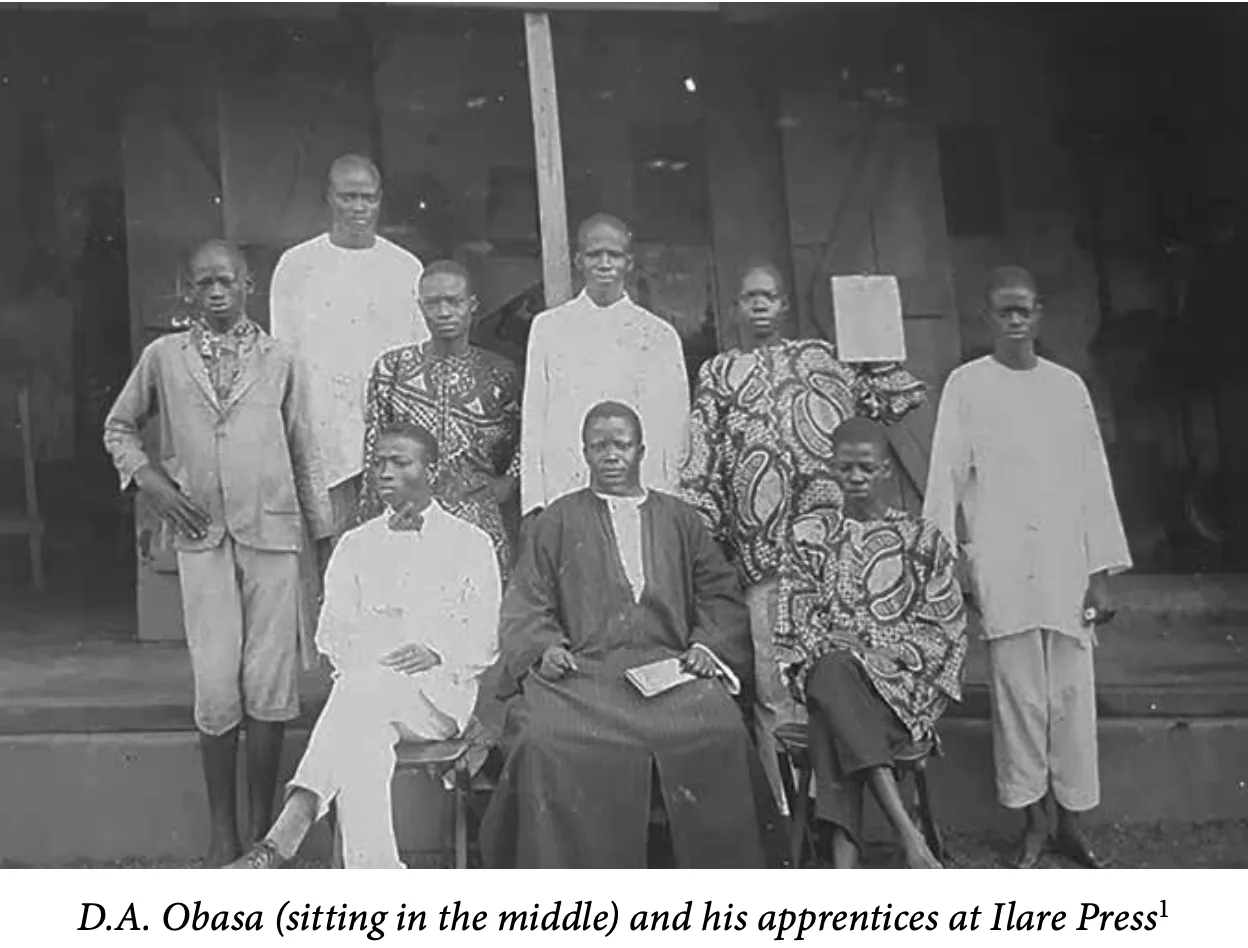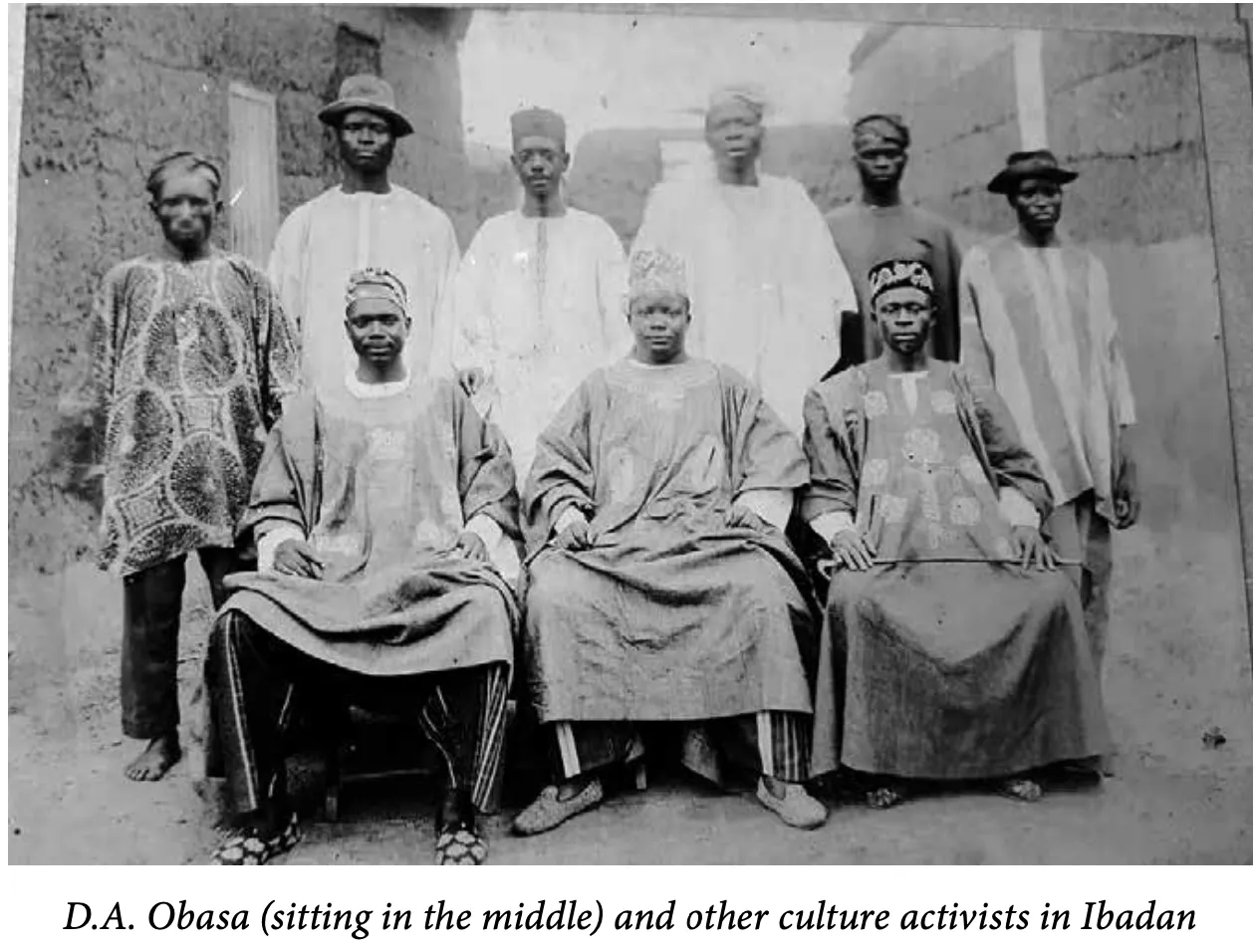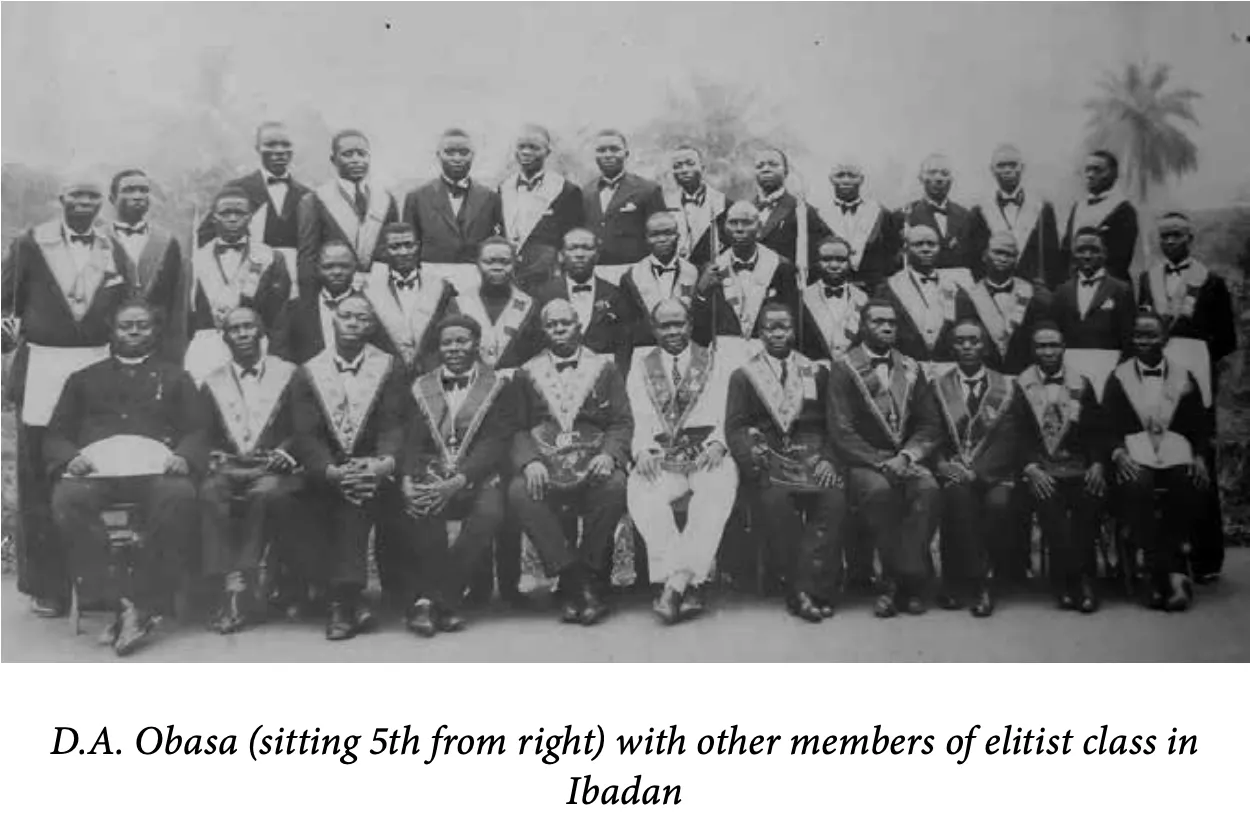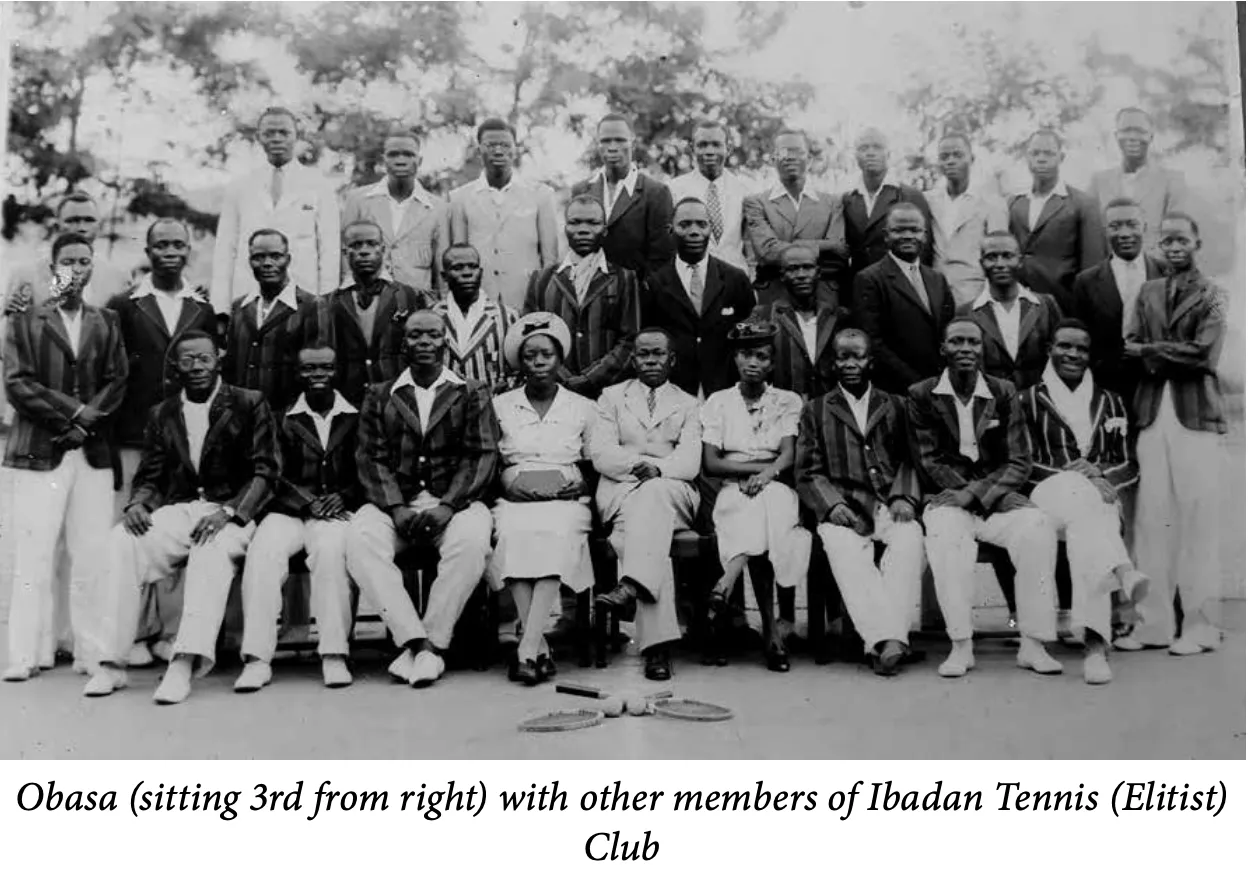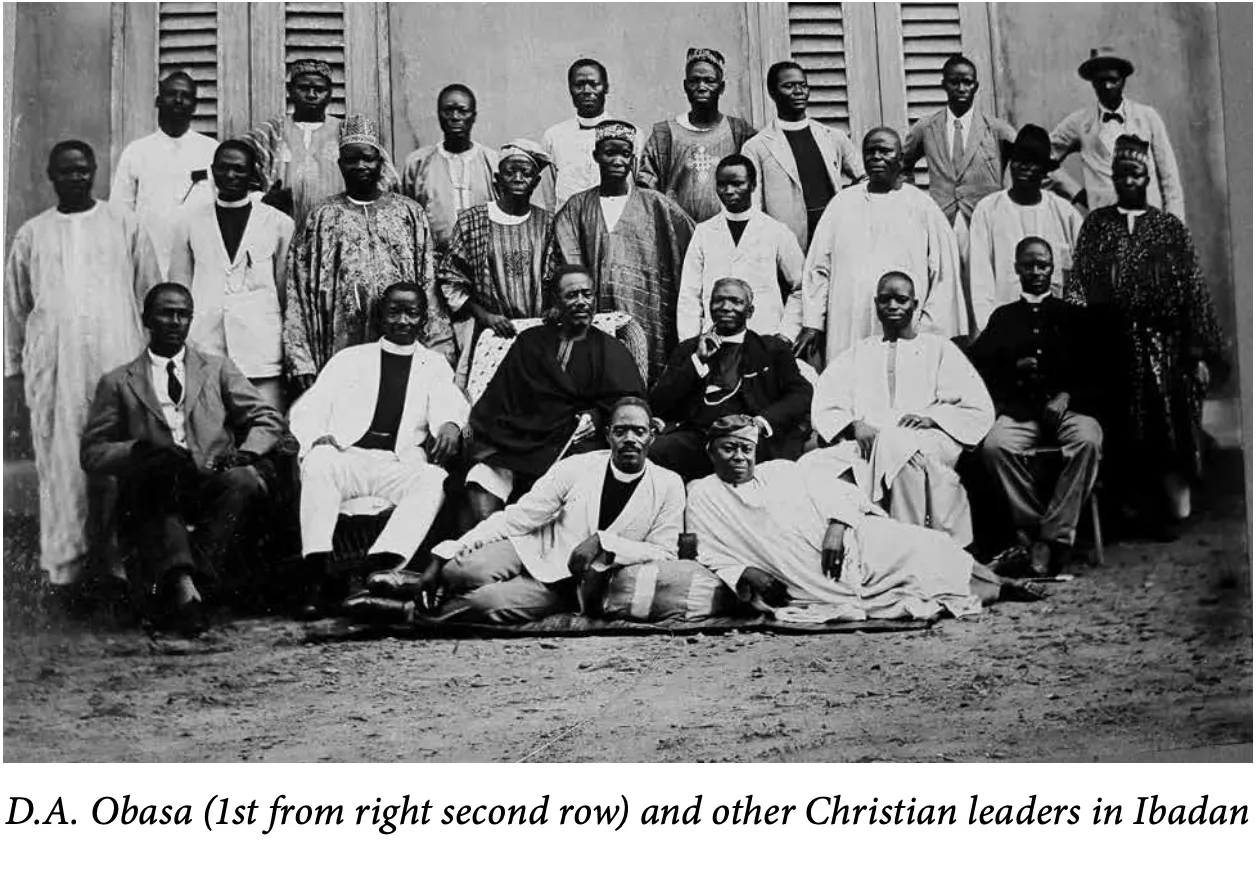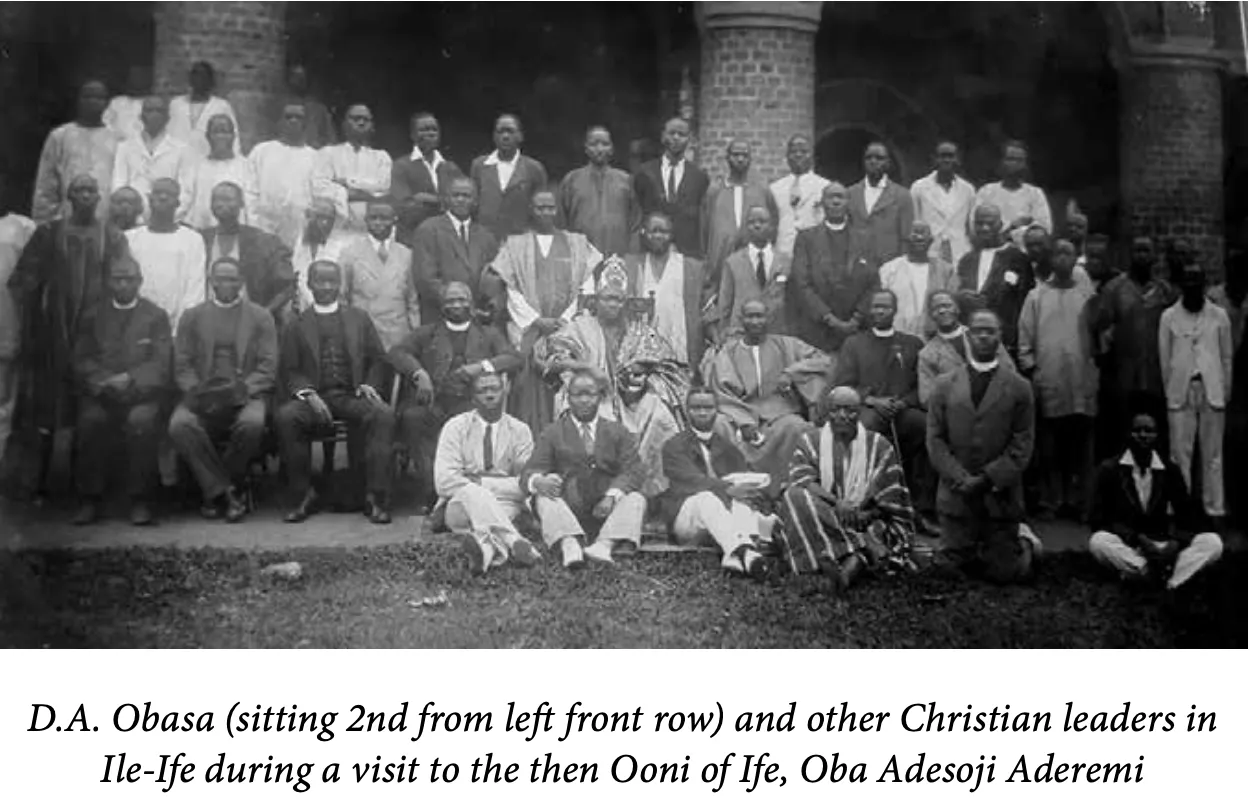D.A OBASA
Denrele Adetimikan Ọbasa's poetry demonstrates the dynamic and adaptable nature of orality in the written medium. He successfully revitalized oral traditions through his poetic works, creating a popular poetic language that can be shared with future generations. Drawing from Yoruba oral resources, Ọbasa's poetry reflects the social values and philosophical beliefs of the Yoruba people, while also addressing contemporary political and social issues.


His commitment to preserving Yoruba language and culture led to the inclusion of his works in the reading list for public elementary schools, and his popularity as a local intellectual and poet. In essence, Ọbasa's work represents the creative coexistence of oral and written traditions, highlighting the potential for modern literature to adapt and evolve while maintaining connections to its cultural roots.
SOME OF THE WORKS OF THE LEGENDARY POET
Ilare Press' Publications
| --- | --- | --- | --- | --- |
|---|---|---|---|---|
| Ìwé Ki ̀íni ́ Ti Àwo ̣n Akéwi ̀ (Yoruba Philosophy) in 1927. | Oore (‘Kindness’) | I ̀kíni (‘Homage’ or ‘Greetings’) | Ayé Ọ̀dájú (callousness i) | Òmùgọ̀ (‘The Stupid One’) |
| Iwe ́ Kejì Ti Àwo ̣n Akéwi ̀ (Yorùbá Philosophy) 1934 | Baba (‘Father, First Among Equals’) | Olódùmarè (the Supreme Being) | Àlágbèrè (adultery) | Ebi |
| Ìwe Ke ̣ta Ti ́ Àwo ̣n Akéwi ̀ (Yorùbá Philosophy) 1945 | Mọ́kánjúọlá (‘Patience’) | Ọmo ̣ (The Child) | Ìfẹ́ Ètè, (lip service) | Ikú (Death) |
| Ìwé Oríki ̀ Ti Àwo n Ori ́le ̣̀ èdè Yorùbá, 1945 | Elétò-ètò (‘Doing the Right Thing’), | Ọmọ, Apá Kejì (‘The Child, Part 2’) | Àfojúdi (disrepectful) | Ìkà-Èké (Treachery and Wickedness) |
| Ìtàn Àti Is ̣ẹ́ Wòlii ́Joseph Babalolá 1931 | Pẹ̀lẹ́pẹ̀lẹ́ (‘Gently, with Care’) | Àyàn-mo ̣́ (Destiny) | Irọ́ (lies) | Àkẹ́jù (‘The Spoilt Child’) |
| Àwo ̣n O ̣̀ro ̣̀ Ìji ̀nle ̣̀ ti Wòlii Joseph Babalo ̣lá 1931 | Aláṣejù, | I ̀wà Ọmo ̣lúàbi ́ (Good character) | Ọ̀rọ̀ Ẹ̀hìn (backbite) | Erin (Elephant) |
| Ará Ìlo ̣́ fa ̀ (O ̀ji ́se ̣́ Ọlo ̣́run) 1931 | Ìlara, (Envy) | Obìnrin (Women). | Ẹlẹ́nu Méjì (double talker) | Oṭí (Liquor) |
| Ìwé Àdúrà Mímọ́ tàbi ́ I ̀sinmi Oni ́gbàgbọ́ written by J.A. Àlàbi ́. | Ète (guile) | Ọ̀lẹ (‘Laziness’) | “Gba Oẉọ́ Os̀i | Ẹrú (‘Slaves’) |
| Ìwé Àdúrà Gbogbonìse (Ko ̣́ ko ̣́ro ̣́ I ̀wòsàn) written by J.P.O. Babáfe ̣́mi. | Ìtànjẹ (Deceit) |
ILAREPRESS
Ilare Press was founded in 1919 in Ibadan.
Ilare Press published most of D. A. Obasa's works which included notes on the Baptist Church, Yoruba News and Awon Akewi a breakthrough book of poems.
There were no other printing facilities in Ibadan until that year. This gave Ọbasá an opportunity to earn more patronage from a larger portion of Yoruba cities in the southwestern part of Nigeria.
Ilare Press flourished and became well known in the Yorubaland because of Obasá’s multidisciplinary qualities as a creative writer, public intellectual, business owner, news editor, advertiser, and above all, his craftsmanship. All these influenced his popularity as a successful publisher and writer of great repute.


